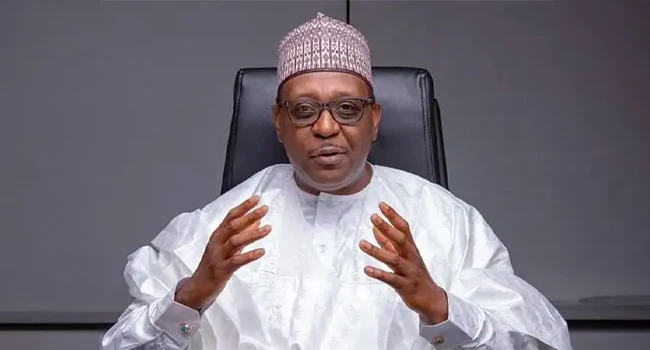Nigeria loses an estimated $2 billion each year to medical tourism, according to the Coordinating Minister of Health and Social Welfare, Professor Muhammad Ali Pate. He stressed the urgent need for the nation to strengthen its healthcare system and reduce dependence on foreign medical services.
Speaking through the Chief Medical Director of Lagos University Teaching Hospital (LUTH), Professor Wasiu Adeyemo, Pate made the statement during the commissioning of Avon Medical Centre a newly launched 50-bed specialty hospital in Surulere, Lagos.
He attributed the significant financial loss to limited access to quality care and a general lack of public confidence in the local healthcare system. However, he expressed optimism that facilities like Avon Medical Centre could help reverse the trend.
“The issue is not just about curbing medical tourism,” Pate said. “It is about establishing health sovereignty—our ability as a country to provide care for our people, and to develop our own institutions, talents, and innovations.”
The minister also highlighted ongoing government initiatives aimed at transforming the sector, including the Nigeria Health Sector Renewal Investment Initiative and the 2024–2027 Health Sector Strategic Blueprint.
He emphasized the government's readiness to collaborate with the private sector through health insurance expansion, regulatory reforms, and partnerships with national health programs.
“We welcome Avon Medical and all new private providers as key partners in building a healthier, safer, and more equitable Nigeria,” he added.
Lagos State Governor Babajide Sanwo-Olu, who also spoke at the event, echoed the need for public-private collaboration. He noted that the government alone cannot address the country's healthcare challenges.
“We must create a conducive environment for private equity and investment in healthcare to thrive,” Sanwo-Olu said. “Avon Medical has made a lasting mark in the sector, not just in Lagos, but across Nigeria.”
In her remarks, Dr. Awele Elumelu, Chairperson of Avon Healthcare Limited, underscored the strain on Nigeria’s healthcare system due to shortages in medical personnel, hospital beds, and essential infrastructure.
“In 2009, we took the bold step of making world-class healthcare accessible and affordable not just for the privileged, but for everyone,” she said. “That vision gave rise to Avon Medical and Avon HMO.”
She emphasized that Africa bears more than 20% of the global disease burden while possessing just 1% of the world’s healthcare resources.
“Our mission is to build a healthcare system that leaves no one behind,” Elumelu said. “We believe in Africapitalism, the principle that the private sector must not only generate profit but also drive lasting social impact.”







































0 Comments